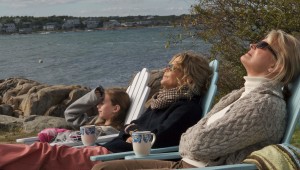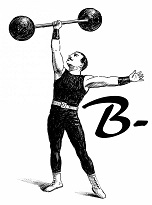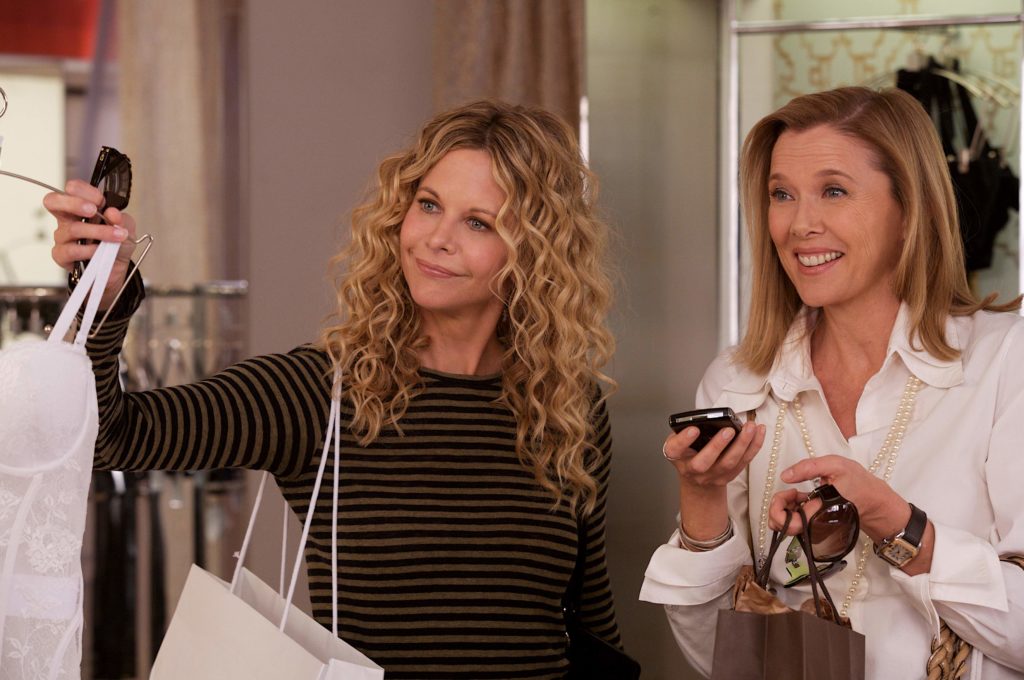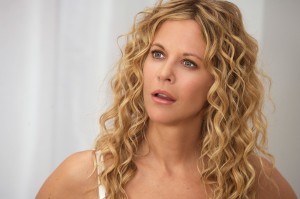I imagine anyone who’s ever been cheated on feels like they are the only one it has ever happened to. Granted, there are two scenes in this movie, Diane English’s remake of 1939’s “The Women,” where its lead finds this not to be true. The former is with her mother, the latter with a pregnant friend; both lend perspective, while showing this is not a one-sided comedy about kinship and sisterhood, as the back cover would portray, but one that offers food for thought on life, relationships, and the friendships that get us through both. Part “Sex and the City,” part coming of age tale for its lead, “The Women” is a good, not perfect film, that is well acted and written throughout.
The film is based off a screenplay from the original film (which starred Norma Shearer, Joan Crawford, Paulette Goddard, and Rosalind Russell), and a play by Clare Booth Luce. I’ll be honest in stating I’ve seen neither. I’ll also be honest in saying that 2008’s “The Women” is better judged on its own merits, not compared to the ’39 original, which comes from a clearly different epoch and culture. The film’s chief villain is here played by Eva Mendes, was played by Joan Crawford then; and comparing Mendes to Crawford (an impossibility) is akin to comparing Fred Austaire to Ricky Martin. Films should be based on their own strengths. And for this reason, the rest of this review will focus on what this version does well or does not do well as an individual picture, not denigrating it, as many other reviews have done, for failing to be as iconic as the original.
What I like about this movie is the acting brought to the table by its leads, and the way they are portrayed. The film’s heroine, Mary Haines, is played by Meg Ryan, who has lost that deer-in-the-headlights shyness that got her through “Sleepless in Seattle” and “You’ve Got Mail.” She finds out early in the film her husband has cheated on her with the saucy Crystal Allen (Mendes), and spends the rest of the film figuring out what it all means, amidst a mother who seems to have all the advice (Candice Bergen), and a group of friends with lives and problems of their own (Jada Pinkett Smith, Debra Messing, Annette Benning). Haines is the wife of a Wall Street broker (who we never see; “The Women” features an all women cast, and never do we see a man onscreen, or hear a man’s voice for its entire run-time), and as such most of the film takes place in an upper echelon-type setting, which is neat to see but sometimes distracting.
It’s in this world that Saks is heralded as the penultimate status store, and rebirths come with the greatest of ease. For instance, when Mary wants to start over, start-up cash is easily at hand, where in the wonderful “The Pursuit of Happyness,” its protagonist must become homeless and sleep on bathroom floors to accomplish the same). But “The Women” is not about status, but growth. Mary learns to stand on her own, and ask herself what she wants for the first time in her life. To its credit, the film is more interested in this, less interested in whether or not her and her estranged husband will get back together.
 The other actresses are pleasing to watch, but my favorites here have to be Annette Benning, who plays Mary’s friend Sylvie, and India Ennenga, who plays Mary’s precocious daughter Molly. Sylvie starts off preoccupied with herself, but becomes one of the most endearing characters in the film; especially in a wonderful scene between her and Molly where Sylvie gives her much needed support during a painful part of her life. Regretful to say, Jada Pinkett Smith is basically wasted here, used more for comic relief when she doubtlessly had more to offer. But this is a script problem, a script more fixated on Mary and Sylvie than most others. Other players, such as Cloris Leachman, who plays Mary’s housekeeper, and Bette Midler, find their way into the film in pleasing ways.
The other actresses are pleasing to watch, but my favorites here have to be Annette Benning, who plays Mary’s friend Sylvie, and India Ennenga, who plays Mary’s precocious daughter Molly. Sylvie starts off preoccupied with herself, but becomes one of the most endearing characters in the film; especially in a wonderful scene between her and Molly where Sylvie gives her much needed support during a painful part of her life. Regretful to say, Jada Pinkett Smith is basically wasted here, used more for comic relief when she doubtlessly had more to offer. But this is a script problem, a script more fixated on Mary and Sylvie than most others. Other players, such as Cloris Leachman, who plays Mary’s housekeeper, and Bette Midler, find their way into the film in pleasing ways.
All in all, “The Women” is entertaining, endearing during parts, funny during some, but by no means and out and out comedy as its billing would have you believe. Yes, it’s a women centric film, full of camaraderie, but, in a departure from what similar films can become, is not a camaraderie at the expense of men. Women, or fans of the original are certainly the film’s demographic, but it offers pleasing performances throughout and is not overly melodramatic. I used it as a sick day movie; but others may like it regardless. “The Women” is a non-offensive movie that will at least entertain.
– by Mark Ziobro



